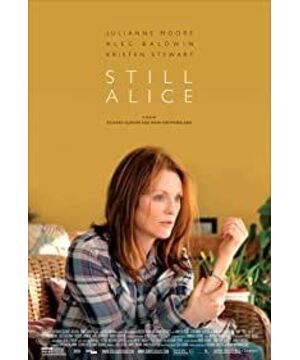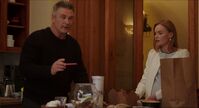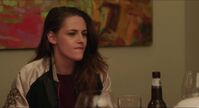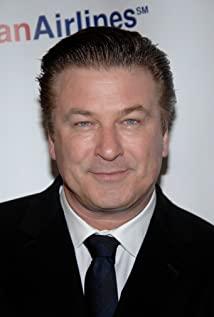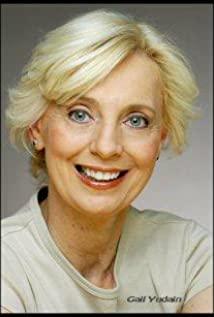If one day we really have Alzheimer's disease (senile dementia), should we choose to continue living, or choose euthanasia to say goodbye to the world?
This is a question that seems like a good decision but is actually very difficult. We all say that life is precious, but when all your memories for decades are gone, when you can no longer identify everyone around you, when you can't take care of your own life, what is the value of our life left? In fact, if there is simple memory loss, such as someone who loses memory in a car accident, it seems that it is not as terrible as Alzheimer's disease, because even if you can't retrieve your memory, you can still recreate it, but they never have a chance. The most terrifying thing seems to be people's discrimination against this disease. The heroine once said, I would rather have cancer than a disease that will make you accept other people's strange eyes and lose your dignity. In this way, there are omissions in society's cognition of many diseases, such as depression, such as Alzheimer's disease.
The film uses warm tones to shoot sad stories, and the emotional changes of the characters are also presented very realistically. The different reactions of the heroine herself, the heroine's husband, and the heroine's children's emotional changes are very delicate. Although the heroine has changed from a language professor at Columbia University to what she is today, she is still very lucky. Even though the people around her initially admitted the fact that she was mentally resisting her illness, but later they treated her with the deepest love and never gave up.
In the film, there is a scene where her husband took her to eat ice cream and ordered the flavor she liked when she remembered it, and silently looked at her while she was eating. The love, pity, sadness, grief, Susu's is very sad after seeing it, probably like this.
If one day, for yourself, life has no quality to talk about, or you no longer understand what life is and who you are, this is mental torture for others, but no one wants to let go, then this kind of time is Just live like this, or do you really write a statement early and leave this world quietly?
Probably really only that sentence, Everyone has his own choice.
View more about Still Alice reviews


